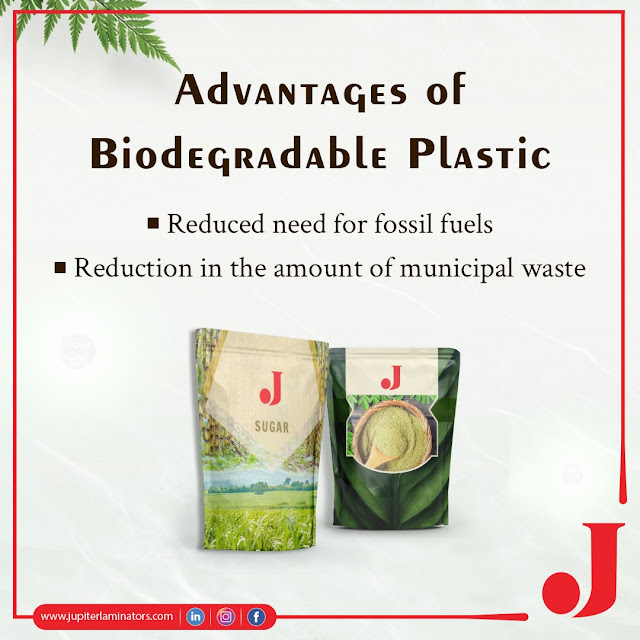In the newly emerging field of inexperienced chemistry, researchers are trying to find other green chemicals and processes for industrial use. An interesting product is a perishable plastic, which is believed to enter the environment. Biodegradable plastics can help solve problems with plastic waste, as many types supplement compost soil and completely prevent it from being landfilled.
Although the compound is organic or
inorganic, plastic cannot. Plastic may be a strictly man-made synthetic
material, but it generally contains compounds in its composition. It takes its
name from the Greek words "plastikos" and "plastics", which
means "to shape" and "to mold." The most common types of
plastic are polyethylene terephthalate (PET), vinyl, PVC, plastic, and
polycarbonates such as bisphenol A, better known as BPA.
Advantages
and disadvantages of plastic
Since plastic is composed in part of
polymers, both have several consistent properties. Some plastics are recycled
and some are not. Some plastics are versatile and can be used in textiles or
consumer goods, for example, while other plastics are not suitable and will not
be suitable for use in plastic containers or on a mouse. However, as with
composites, plastic is used in a wide variety of things.
Types of biodegradable plastic
Biodegradable plastic is poly or PHBV. Under the right conditions, bacteria break
down this type of polyester into greenhouse gases and water in just six months.
Polylactic acid or PLA is made from starch and can biodegrade under certain
conditions. Another promising variant is polyacid or PHA, which can be
absolutely compostable.
Reduced need for fossil fuels
Most
synthetic polymers are made from fossil fuel derivatives to increase fossil
fuel consumption. Plastics like PLA, PHBV, and PHA are made from biomass to
reduce the need for fossil oil and various fossil fuels. Furthermore, in many
cases, the greenhouse gas emissions in the life cycle of biodegradable plastics
are only those associated with old plastics.
Reduction in the amount of municipal
waste
Biodegradable
plastic has the potential to dramatically reduce the amount
of municipal waste in India and around the world. Because it is composted, biodegradable plastic
can be collected along with food scraps or yard waste and placed in compost
piles. The resulting compost is used as an agricultural or garden chemical.
Standard plastics can take years to decompose and are generally difficult to
recycle, while biodegradable
plastics quickly break down into useful soil amendments.
Considerations
Biodegradable
plastics only degrade rapidly under the right conditions,
just like the conditions of an excessive compost pile. The landfill environment
is poor in gases and humidity and prevents degradation. So when bioplastics
are used to supplement landfills, they remain intact and are not disturbed.
They are also difficult to recycle and therefore have to continually separate
the various recyclable materials. For biodegradable plastic to be useful, it must be
composted, not thrown away.




0 Comments